Database
Data management is one of the most critical areas where the ORMGP partnership continues to have considerable success. A robust data model has been built to house a wealth of water related and geological information required for hydrological and hydrogeological analysis of watersheds originating within the ORMGP study area.
A concerning issue related to water data is the large number of practitioners that are out in the field collecting water data. At every level of government there are many different departments, ministries and agencies all collecting water related data – often in the same water bodies, without knowing what others are collecting. This is on top of all the data that is also being collected by consultants working for both private clients as well as government agencies. These data are stored on individual computers and files, and then used to inform the decisions for which they were collected. However, often they become lost and therefore unusable for longer term decision making. Having initially begun with the Ministry of the Environment’s (MOE) Water Well Information System (WWIS) database, the ORMGP’s database has now grown to 100 Gigabytes, and into what is likely the most comprehensive, actively managed water related database in Canada. The data management model goes well beyond traditional approaches in many powerful ways, two important ones being: i) the incorporation of temporal data measurements such as pumping rates, water quality results, and long-term water level measurements; and ii) by assigning each well screen to a geological unit/aquifer using an “authoritative” geological interpretation.
An updated 2021 Database manual is now available:
So what is the purpose of collecting and managing all of this water data?
If it cannot be brought to bear on future decisions, then indeed it might be a waste of time and energy. So with the ORMGP, the path forward is to ensure that the data is: i) of a high quality (we are continually correcting and fixing poor data); ii) readily accessible; and iii) where possible, interpreted in smart, responsible ways so as to inform decision making.
Although the concept of “Data Driven Decision Making” sounds perfectly reasonable, in practice it is not implemented nearly as often as one would think. External influences (e.g. pressure from clients, money, poor access to data, etc.) can often have more of an influence on any given water management decision than turning to the data for answers. Sometimes it can make sense to have other influences drive decisions – but the reality is, that it is often the cost of searching out past data that prevents practitioners from incorporating ‘what we know’ (i.e. data) into decision making. By creating a one-window approach to accessing water related data, the ORMGP program aims to allow practitioners and decision makers to factor real data into any decision.
Since the inception of the program in 2001 the database has grown and as of late 2024, now incorporates:
- Over 645,000 borehole locations (580,000 of these are MOE water well records, with the remainder comprised largely of consultant drilled geotechnical boreholes and various monitoring wells);
- Over 11,800 geologically logged outcrops/river or bluff sections;
- 2.2 million geological layer descriptions;
- Over 14,000 geo-referenced consultant/other reports or papers;
- 159 million water-level measurements from over 700 monitoring wells;
- 1.1 million daily pumping rate measurements from 80 active municipal drinking water supply wells;
- 965,000 individual chemical constituent analyses from samples taken from any of the monitoring or pumping wells;
- 17,700 surface-water monitoring stations and 4.2 million daily streamflow measurements;
- 9,300 “Flowing Water Information Sites” that contain links to externally held benthic and fisheries data;
- 994 climate stations, with 28 million meteorological readings.
The main database is hosted on the program’s server with a synchronization procedure in place to ensure that up-to-date information is routinely shared between the main database, the program’s website and technical staff at partner agencies. Several scripted database routines are scheduled to run every weekend. These routines update key tables in the database to ensure that the program’s website is up-to-date with the database. As a consequence of the established procedures the website will be out of synchronization with the database by a maximum of only one week. Program data has been interpreted in many different ways and interpretations, as well as the raw data, are both made readily accessible via the program’s website.
A significant component of the data management program has been to inventory, digitally scan and photograph key hydrogeological reports and documents. This key “knowledge management’ plank has led to over 14,000 documents now scanned and available to partner agencies and consulting firms as pdf files.
The need by all agencies for ready access to up-to-date, high-quality data is fundamental to sound water resource management. The program continues to assist partner agencies to address this need by fostering data collection and sound data management.
